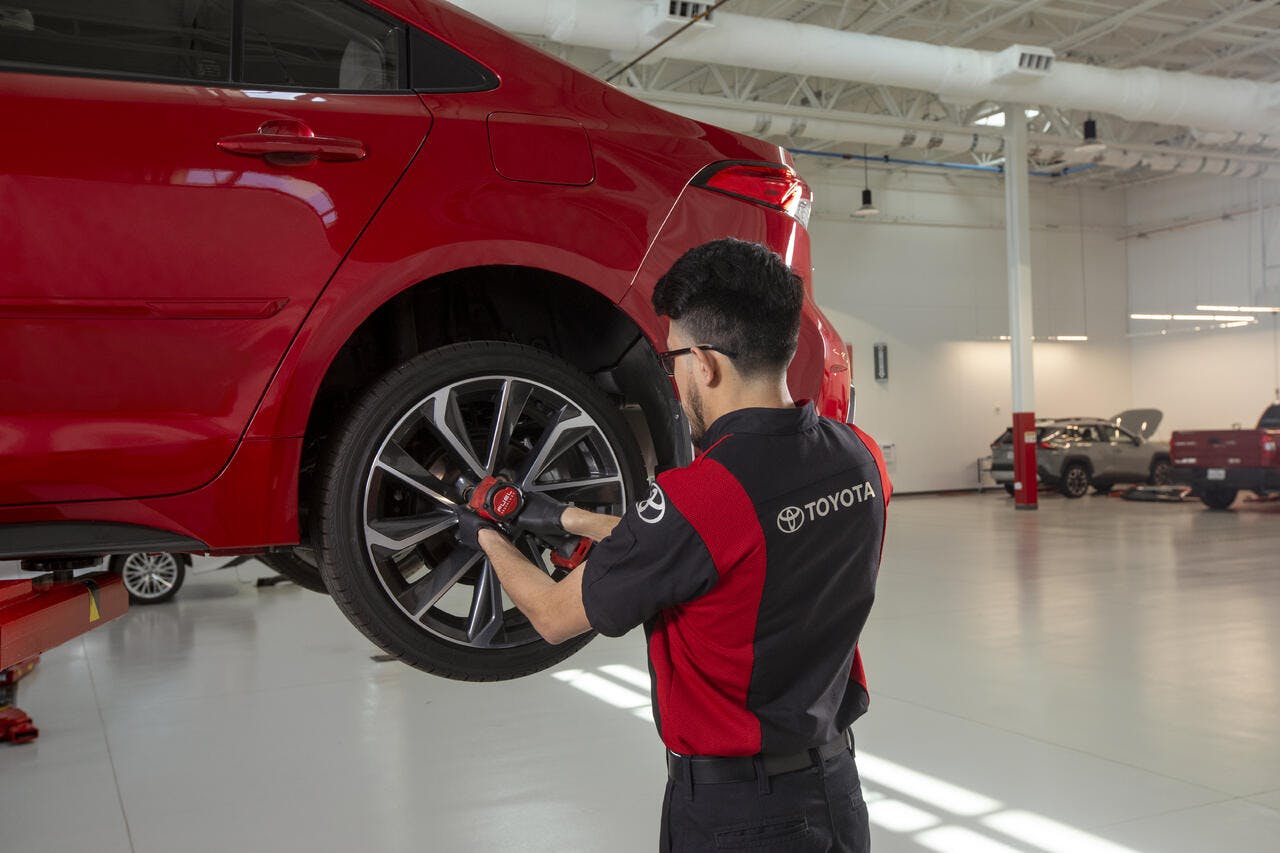
Autumn Car Care Tips
It's foolhardy to head out in a poorly maintained vehicle in the dead of winter so now is the time to consider a fall car check-up. Regular, routine maintenance can help improve your gasoline mileage, catch minor problems before they become big headaches, and reduce pollution.
Read your owner's manual and follow the manufacturer's recommended service schedules and/or follow recommendations made by your service professional at Bayside.
Engine Performance -
Now is the time to get your engine in top running condition.
Hard starts, rough idling, stalling, diminished power, etc. can benefit from having your engine in top condition. Cold weather makes existing problems worse. Replace dirty filters -- air, fuel, PCV, etc. and spark plugs. A poorly running engine is less efficient and burns more gasoline.
Oil -
Change your oil and oil filter as specified in your manual or by the manufacturer. Regular oil and filter changes are one of the most frequently neglected services, yet one that is essential to protect your engine.
Cooling System -
The level, condition, and concentration of the coolant should be checked periodically. (A 50/50 mix of anti-freeze and water is usually recommended.) For those do-it-yourself owners, never remove the radiator cap until the engine has thoroughly cooled. The tightness and condition of drive belts, clamps, and hoses should be checked by a certified technician. This should protect to -50o F. Weak or old coolant will lose its ability to provide rust protection and also loss of lubrication properties.
Heater/Defroster -
The heater and defroster must be in good working condition for passenger comfort and driver visibility.
Windshield Wipers -
Replace old wiper blades. If your climate is harsh, purchase rubber-clad (winter) blades to fight ice build-up. Remember to stock up on windshield washer fluid -- you'll be surprised how much you use. Also, don't forget to carry an ice-scraper.
Battery -
The only accurate way to detect a weak battery is to have it checked at a qualified service facility. Stop by Bayside and we will be happy to perform a "state of health" check-up on your battery.
Exhaust System -
Your exhaust system should be examined for leaks. The trunk and floorboards should be inspected for small holes. Exhaust fumes can be deadly.
Tires -
Examine tires for remaining tread life, uneven wearing, and cupping; check the sidewalls for cuts and nicks. Check tire pressure once a month. Let the tires "cool down" before checking the pressure. Rotate as recommended by your service professional. Don't forget to check your spare as well, and be sure the jack is in good condition. Under-inflated tires or poorly aligned wheels makes your engine work harder and thus use excess gasoline. Also have your brakes checked periodically for safety and to prevent costly repairs that can be caused by neglect.
Transmission -
Routine checks and fluid changes at prescribed intervals can prevent very costly repairs later on. The transmission is often neglected until a major failure occurs. Further, on 4WD vehicles, transmission temperatures are generally higher which will exponentially increase fluid degradation.
Lights -
Autumn is the end of Daylight Savings Time. This is the perfect time to check vehicle lights before the clocks "fall back" to help ensure safe driving, especially during dusk and peak evening traffic hours. A vehicle's lighting system includes headlights (high and low beam), parking lights, turn signals/emergency flashers, brake lights, tail and marker lights, backup lights, daytime running lights, interior lights and instrumentation lighting. Some vehicles are also equipped with fog lights. Headlights should also be periodically cleaned of mud and muck, and properly aimed according to procedures outlined in the owner's manual. Headlights can be knocked out of alignment by rough driving, and if not properly aimed, can be distracting to other drivers.

